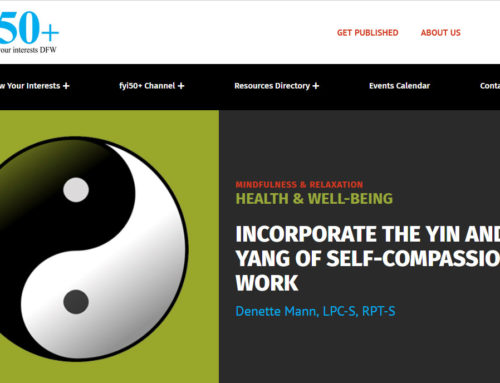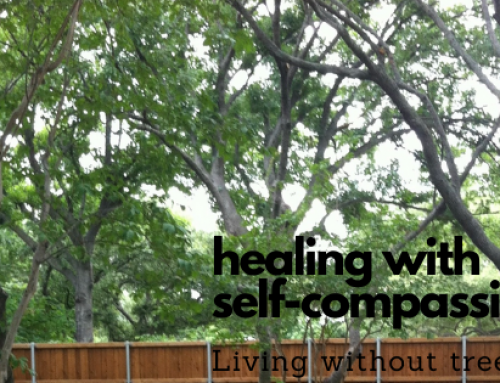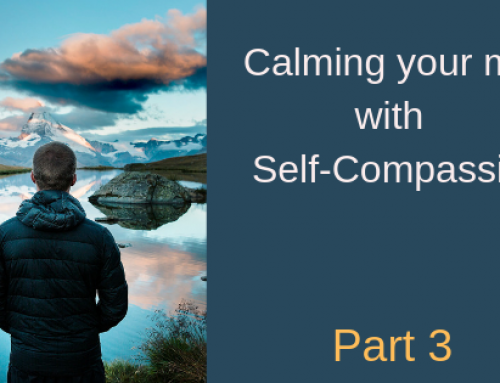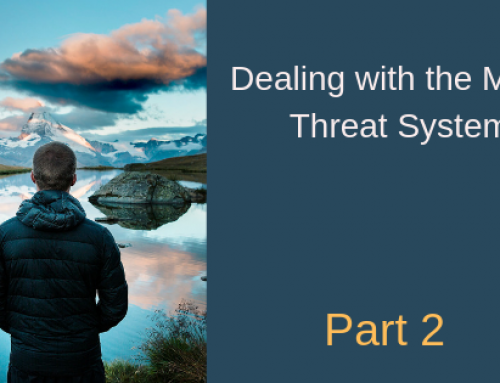
“Do not seek to have events happen as you want them to,
but instead, want them to happen as they do happen,
and your life will go well.”Epictetus
I love this quote from the Greek philosopher Epictetus. His words remind me of the power of acceptance in life and just how difficult it is to reach. As a mental health therapist, but more so as a fellow human being, I understand the tendencies of the brain. Our brains spend plenty of time and energy stuck with thoughts from past experiences, worry about future events, or going through the motions of everyday activities without being fully present.
One tool for training our minds towards more acceptance and less resistance is mindfulness practice. The definition of mindfulness, according to Jon Kabbat-Zinn, the creator of Mindfulness-Based Stress Reduction (MBSR) is as follows: “Mindfulness is awareness that arises through paying attention, on purpose, in the present moment, non-judgmentally.” When a person is mindful, she or he is able to recognize thoughts, sensations, and emotions “as they do happen” as opposed to being on “autopilot” and simply going through the motions of life.
Mindfulness is being aware of the internal and external experiences of the body without judgment or attempting to change the experience. I like to think of it as a turn towards thoughts, emotions, and physical sensations with no intention to control them.
Mindfulness techniques (which I have been learning and practicing for almost 15 years) are meant to strengthen insight into experience from moment to moment.
Short Exercises to Get You Started on Your Mindfulness Practice
- For increasing emotional awareness, practice RAIN (from Jack Kornfield):
R: Recognize
A: Accept
I: Investigate (Investigating Not Evaluating)
N: Non-identification - For strengthening attention to your physical body, focus on your breath
For 1 minute, pay attention to your breath, each inhale and exhale, without trying to change it.
- To attend to the external environment, stop and smell the roses, literally (my personal favorite)
Take 5 mins and go for a short walk in nature. Find something interesting and connect with it through your senses: touch the hot ground, watch birds flying overhead, or smell the flowers.
Researchers all over the world have found mindfulness practice improves decision making, lowers levels of stress, lowers symptoms of depression and anxiety, and improves memory. The biggest benefit for me in my own practice is that it helps my life to “go well,” even when things are not perfect in that moment.







